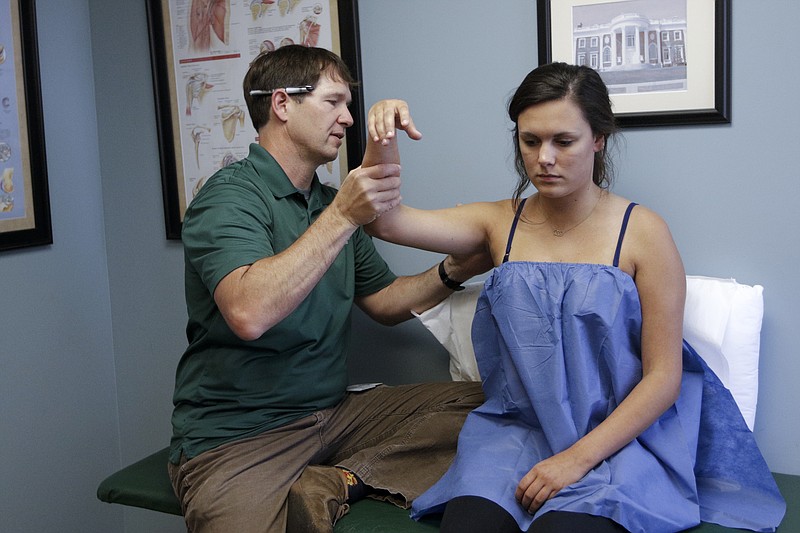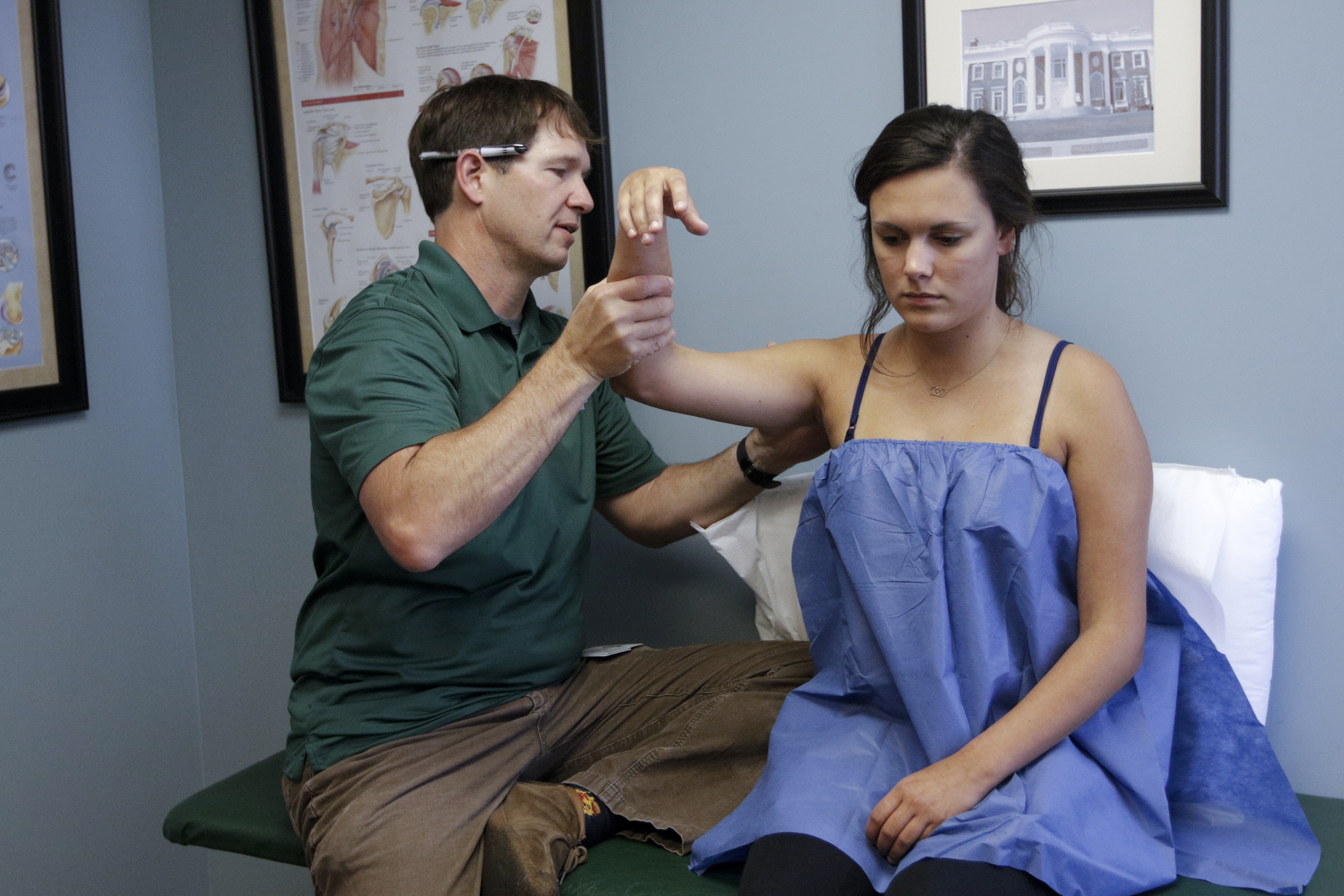Read more
Tennessee Democrats push for Insure Tennessee revival
Health care costs in the U.S. move in only one direction: Sky high.
While America spends more on health care than any other nation - $2.9 trillion, or $9,255 per person, in 2013 alone - it still ranks 37th out of 191 when it comes to overall health status, the World Health Organization has found.
Health industry experts say much of the disparity is driven by the fact that physicians are paid for each service they provide, rather than on their patients' health outcomes from treatment.
Insurers and doctors alike say they know the system needs to change. Quality should be rewarded over quantity, and patients' care needs to be better coordinated between doctors.
But as Tennessee's Medicaid program, TennCare, shifts to a new system that aims for these goals, doctors say they worry it could have a hurt their practices and overall patient care.
"This is the biggest shift in payment since TennCare was introduced," said Tennessee Medical Association president Dr. John Hale, a family practitioner in Union City, Tenn.
Starting this year, TennCare - which covers low-income children, pregnant women and people with disabilities - is phasing in a new payment model for hospitals and doctors as part of an effort called the Tennessee Health Care Innovation Initiative.
"The goal is to move from paying for volume to paying for value," said Brooks Daverman director of the Tennessee Division of Health Care Finance and Administration's Strategic Planning and Innovation group, which has worked on the overhaul since 2013.
The new TennCare system will have carrot and stick elements, rewarding or penalizing doctors based on patients' outcomes.
The program has been designed so that commercial insurance companies may one day follow suit. BlueCross BlueShield of Tennessee spokeswoman Mary Danielson said the company's philosophies "align with the state of Tennessee and its efforts to pay providers for quality."
Right now the new system is being applied only to TennCare physicians who provide joint replacement, treatment for acute asthma exacerbation, and perinatal care. In five years it will affect 75 different treatments.
But TMA officials say the rollout is occurring too fast for doctors to grasp the changes. They see defects in data collection and a lack of transparency about the goals doctors need to reach.
"Every physician would agree that health care spending is out of control. We've got to do something," said Hale. "But we need more time, and a better plan to make this work."
***
The need for reform is born out of what Daverman calls "a very fragmented health care system."
A person getting a knee replacement, for example, may visit a collection of doctors and hospitals between consultations, operation and therapy.
With all those separate visits and billing, TennCare cannot gauge the outcome of that operation, or whether doctors and hospitals were efficient with their resources, Daverman said.
The new system aims to break down those silos. At the end of the year, TennCare managed care organizations will collect all the insurance claims for the patient's knee replacement and bundle them into what's called an "episode of care."
Through those claims, the advisory groups will identify a "quarterback" for that episode of care - the doctor or the hospital who had the most control over the patient's care.
The TennCare payers then will calculate the overall cost for the episode, looking to things like prescription refills or follow-up visits to gauge the patient's outcome.
An above-average outcome will earn the quarterback will get a bonus from the state. One that's below average will draw a penalty.
Daverman said the system encourages doctors to better coordinate and follow through with a patient's care.
But doctors worry they will be disciplined for things out of their control, said Hale: an infection, a problem with a prosthesis, patients who won't take their medicine.
That makes him fear that more physicians could cherry-pick patients. Doctors may opt not to operate on a smoker or someone who is obese because of the greater risks involved, he said.
"These are people's lives, here," he said."We know it's the future of medicine and we want it to work. But you've got to have physicians feel like they're part of this process, instead of feeling like they have a gun to their head."
State officials said they will avoid that dynamic by performing risk adjustment and excluding high-cost cases in their analyses. Daverman said doctors have been involved in the payment design from the start, with hundreds of meetings to show for it.
Last year, more than 500 Tennessee physicians received "preview reports" showing how they performed the treatments they will now be judged for.
But physicians say the reports are unreadable, said Rae Bond, director of the Chattanooga-Hamilton County Medical Society.
"We understand the rationale behind the program," she said. "But we think it's more important to get it right than to get it fast."
She worries that if the program is too bureaucratic, doctors may opt out of TennCare altogether, leaving patients with fewer options.
The Tennessee Medical Association brought its concerns before Gov. Bill Haslam in January, asking him to hold off on the rollout until more questions are answered. But the governor has pushed forward. Last December, the state received a $65 million federal grant to move ahead.
For now, Hale and Bond say they are just trying to educate doctors.
"Many still don't know this is coming down the pike," said Hale.
Contact staff writer Kate Belz at kbelz@timesfreepress.com or 423-757-6673.

